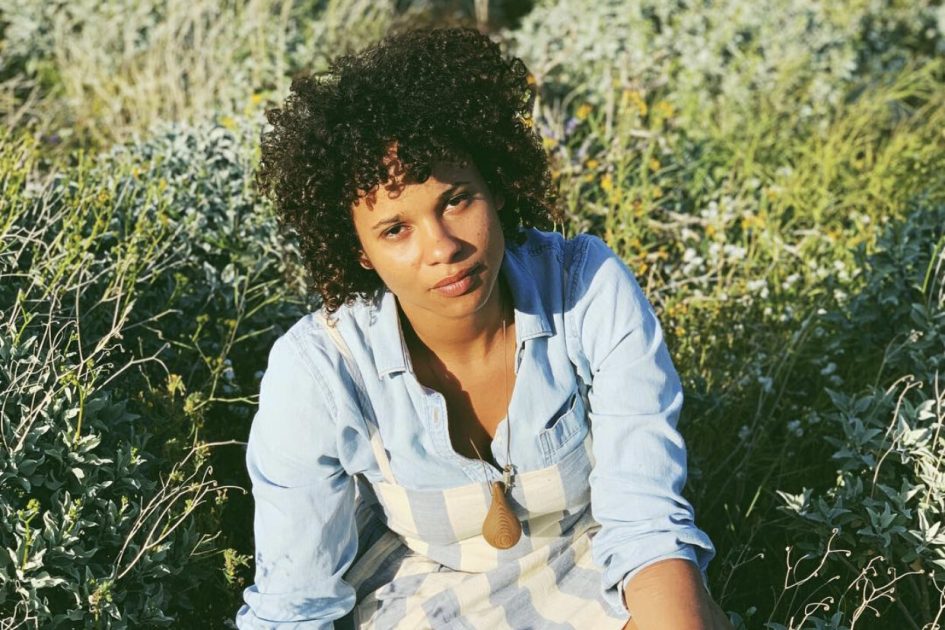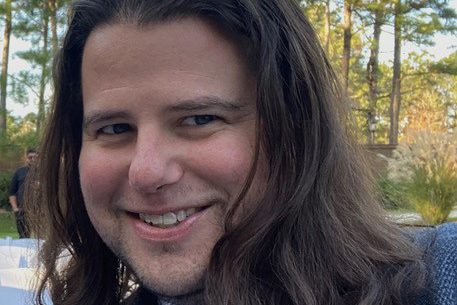Strange Wests
Call for Submissions
Editors: Jasmine Elizabeth Smith and Matty Layne Glasgow
Assistant Editors: Jake Skeets and Ashanti Anderson
Open for submissions on January 1, 2024
All submissions are due by March 10, 2024
Strange Wests
West has always been more than mere direction, a setting sun, evening. In lands now known by many as the United States of America, West invokes a fraught mythology of wilderness and conquest, of destiny and riches, of jackrabbit homesteads and romantic distances, of cowboys and bears. For so long these symbols have dominated our histories of these lands, centering whiteness and masculinity in a rugged, difficult terrain. But the West and its frontier have always been strange, full of contradictions, queer even. As Josh Garrett-Davis, a curator, scholar at the Gene Autry Museum of the American West, posits of the regional West, “[It is] a borderland—or two-or-more-sided frontier—where old and new coexist, collaborate, fight, innovate, [holding] ample grounds for new stories.”
The West as we understand it has never been uninhabited. People have thrived in communion with these lands for thousands of years. Flora and fauna, too. Where some see vacant desert, or land to be occupied for the next housing development, we cast our eyes upon resilient life, those who understand the importance of water and resource conservation. In South Dakota, Indigenous water advocates protest pipeline routes, while Chicano artists muralize the scar of a border wall with the painting of roses.
We call contributors to conceive of the West beyond its conventional and colonialized framework. What happens when the dam breaks, when waters flow along their pre-colonial course and stewardship is returned to the original caretakers of the land? There are many ways to deconstruct a dam, an archetype, to unearth histories long-buried in sand or alpine forest. The West is multiple and many.
In the next issue of About Place Journal, we invite you to consider and reimagine all things West. Send us your visual poems and performances, your experimental stories and essays, your art classified by no other name than art. As we decenter traditional subjects and propagandized histories of this ambiguous region, share with us your witness and protests, your lineages who have lived here longer than the word itself and this country. We are particularly interested in work from young, emerging artists (17 and younger), as well as work by BIPOC and LGBTQIA+ artists, especially those whose stories have been excluded by a mythology of the west centered on whiteness, masculinity, and extraction.
Issue Editors

Jasmine Elizabeth Smith is a Black poet and educator from Oklahoma City, Oklahoma. She received her MFA from the University of California, Riverside and is a Cave Canem and Black Earth Institute Fellow. Her debut collection, South Flight (University of Georgia Press, 2022), was the recipient of the 2021 Georgia Prize and finalist for the National Poetry Series. A two-time Pushcart Prize nominee, Jasmine’s work has been featured in publications such as POETRY, RHINO, and World Literature Today, among others. Jasmine Elizabeth Smith’s poetic work is a confluence of poetry of witness, archival research, and radical imagination, in which constructed narratives of both real and invented characters become a space in which previously conceived notions of the Black experience can be challenged, complicated, and dismantled. Merging history and what is acutely felt from the margins of history, her poetry ranges from Black love in the peripheral of the Tulsa Race Massacres of 1921, the desires of Black Americans attempting to find fulfillment and dignity through the perceived democracy of the The People’s Temple in Guyana, and subversions of the well-worn tropes of cowboys within the genre of Black Soul Westerns.

Matty Layne Glasgow is the author of the collection deciduous qween (Red Hen Press, 2019), selected by Richard Blanco as the winner of the 2017 Benjamin Saltman Award. He is the Visiting Poet at Westminster University, a 2022-2025 Black Earth Institute Fellow, a Graduate Research Fellow in the Tanner Humanities Center, and a PhD Candidate in Literature & Creative Writing at the University of Utah. He has coordinated the Wasatch Writers in the Schools Program and he has served as Editor of Quarterly West. Matty’s poems and essays have recently appeared in or are forthcoming from Crazyhorse, Copper Nickel, Denver Quarterly, Ecotone, Gulf Coast, Houston Public Media, the Missouri Review, Pleiades, Poetry Daily, and elsewhere.
Assistant Editors
Jake Skeets (he/him) is the author of Eyes Bottle Dark with a Mouthful of Flowers, winner of the National Poetry Series, American Book Award, Kate Tufts Discovery Award, and Whiting Award. His poetry and prose have appeared widely in journals and magazines such as Poetry, The New York Times, and The Paris Review. He holds an M.F.A. in Poetry from the Institute of American Indian Arts. His honors include a National Endowment for the Arts Grant for Arts Projects, a Mellon Projecting All Voices Fellowship, and the 2023-2024 Grisham Writer in Residence at the University of Mississippi. He is from the Navajo Nation and teaches at the University of Oklahoma.
Ashanti Anderson is a Black Queer Disabled poet and writer. Ashanti is the author of Black Under, which won the Spring 2020 Black River Chapbook Competition at Black Lawrence Press. Also a 2023 NEA Fellow and two-time Pushcart Prize nominee, Ashanti’s poems have appeared in POETRY magazine, World Literature Today, and elsewhere. Ashanti’s other published and produced works include essays, stage plays, screenplays, and tabletop roleplaying games (TTRPGs).
About Place Journal Submission Guidelines
About Place Journal is published twice a year, in spring and fall. A new Call for Submissions is posted twice a year. Please review the current call and follow any specific genres called for in the upcoming issue.
Work can include:
- Poetry: up to 3 pieces which do not exceed 50 lines each. Acceptable file types include doc, docx & rtf. If your poetry submission contains special formatting, we suggest submitting a PDF in addition to your Word doc.
- Fiction, essays, creative nonfiction and other prose: up to 3 pieces which do not exceed 4000 words each. Acceptable file types include doc, docx & rtf.
- Audio/Visual artwork: up to 5 photos, paintings, prints or other forms of art. Acceptable file types include jpg & tiff for art/photography, mp3 for audio & mp4 and mov for video. Please include the title of each artwork in the cover letter area.
- The total number of submitted pieces cannot exceed 5, even if your submission includes items from several genre categories.
Each submission must be accompanied by a bio in doc, docx or rtf format. Bios should be in the third person and not exceed 150 words. Please include your website, Twitter and Instagram links if desired.
By submitting, you guarantee you hold the rights to the work, and you grant About Place Journal the rights to publish the submitted work with first serial rights (FNASR). After publication, rights revert to the author. Original, previously unpublished work only. All pieces must be submitted through Submittable.
